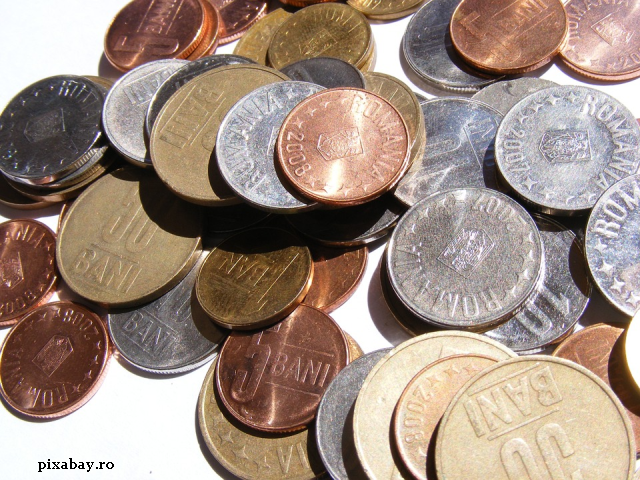Financial measures and controversies
The Social Democratic majority in Romanias Senate has turned down the first emergency ordinance this year tabled by the ruling Liberals
Warning: Trying to access array offset on null in /home/web/rri.ro/public/wp-content/themes/rri/template-parts/content.php on line 53

Warning: Trying to access array offset on null in /home/web/rri.ro/public/wp-content/themes/rri/template-parts/content.php on line 98
Roxana Vasile,
11.02.2020, 14:00
In the absence of a comfortable
Parliament majority, the entirely Liberal government in Bucharest who came to
power last October and is led by Prime Minister Ludovic Orban saw itself in the
position of ruling the country through emergency ordinances, which should be
applied only in extreme situations that could not be postponed.
So, ordinance 114, tabled by their
Social Democratic predecessors, and which attracted a lot of heat from the
Liberals in opposition at that time, was the first law the latter amended
shortly after they had taken office. Suggestively dubbed ‘the Greed Tax’, the
controversial ordinance levied fresh taxes and duties on banks and
telecommunication companies and set price caps for gas and electricity
consumption in households.
The Liberals, who described the law
as toxic for the economy, amended a significant number of its provisions and
sent it to the Senate, who surprisingly turned it down. Daniel Fenechiu, leader
of the Liberal senators, entirely blamed the situation on the Social Democrats
(PSD), who voted for its rejection.
Daniel Fenechiu: Try to
figure out dear colleagues how banks and energy companies are going to receive
this measure: I mean, a measure that was adopted a month ago, has again been
changed.
According to PSD senator Daniel
Zamfir, the vote against the document was actually favouring common people.
Daniel Zamfir: All emergency ordinances are
favouring the financial-banking system, the corporations, being at the same
time against the people. This is what defines you – savage capitalism.
From Senate, the first chamber of Parliament, the document now goes to
the Chamber of Deputies, which is a decision-making forum. The politically
different visions on economy of the ruling Liberals and the opposition
Social-Democrats aren’t present only in the aforementioned law.
Pointing the finger exclusively to decisions made by the Social
Democrats, who were in office until last autumn, the Liberal Finance Minister
Florin Câţu announced that Romania would not be able to avoid the excessive
deficit procedure, which is most likely to occur in March this year. The
Social-Democrats’ economic strategist Adrian Câciu recalled that the PSD left a
2.8% deficit, which the Liberals increased to 4.6%.
It’s easy to spend money but not that easy to make this money to
reduce deficits and consolidate the economy, Câciu went on to say. He believes
that the idea of staging early election could also bear on the deficit.
However, the Central Bank governor, Mugur Isarescu believes that investors have
already started to get used to Romania’s political uncertainties.
(translated by bill)






























